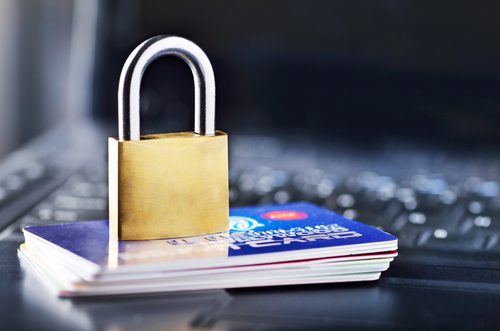Your credit identity is essentially your personal and financial information. Many people are unaware that credit identities can be stolen for fraudulent purposes, which in turn can negatively impact your credit file and your ability to obtain loans. You can protect your credit identity and lower the risk of someone committing fraudulent acts in your name by checking your credit file and taking measures to secure your personal and financial information.
Regularly check your credit file
Credit files or credit reports are reports maintained by credit reporting agencies. These reports include your credit history or information about your interactions with lenders. Your credit history contains the following information:
- Personal details – Your credit file may contain your driver’s license number, address, and other contact details.
- Loans and applications – It may contain a record of any credit applications you have made in the past five years as well as any current loans you have. If someone has made an authorised loan application in your name, it will show up in your credit file.
- Defaults and fixes – The credit file may contain a record of any defaults exceeding 60 days and any fixes or repayments.
- Other information – It may also contain court judgements, dishonoured cheques, clear-out listings, and bankruptcy orders.
With your consent, lenders such as banks and other financial institutions can use credit reports to assess your eligibility for loans and other financial products.
Your bank or lender may access your credit file when you apply for a home loan, credit limit increase, or other financing. As the credit file serves an important purpose, maintaining accuracy is essential. Credit files can contain errors, whether these are the result of unintended acts or fraudulent activities.
You are eligible for a free copy of your credit file every year, so you should check it at least once a year. If there are errors on your credit file, you can request the credit reporting agency to rectify the error.
Protecting your personal information
You should also act to protect your personal information. Both online and offline activities can compromise the security of your credit file if someone accesses your personal information and uses the data to make loan applications in your name.
- Offline activities – Identity thieves can steal your rubbish and recycling materials to capture your personal information, so avoid simply recycling all paper statements and bills. Shred any paper bills, bank statements and documents containing your personal information when they are no longer required.
- Online activities – Always practice safety online. Change banking and personal account passwords on a regular basis and avoid clicking on links in emails. Keep software up-to-date and use an Internet security program. Speak to your bank about how you can keep your financial data safe when using online banking.
Subscribe to a credit-identity-protection product
If you have cause to be concerned about your credit file, you might want to consider subscribing to a credit-identity-protection product. These products can provide notifications every time someone accesses your credit report or if anything on your file is changed. If there is an error or fraudulent activity, you can have it rectified quickly.



